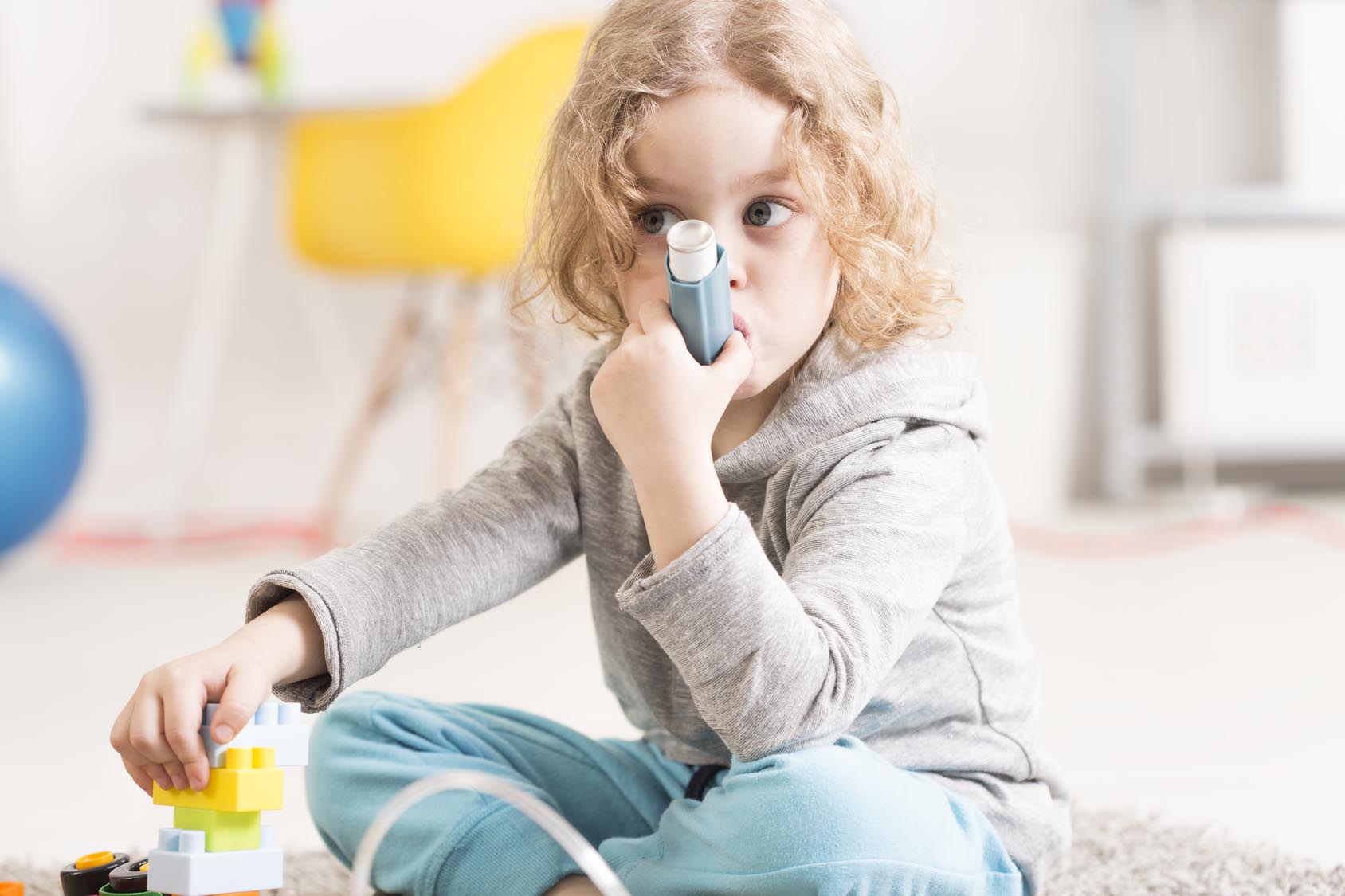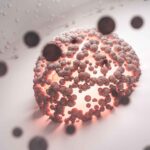• Microbial compound
• Immune regulation
What is already known on this topic
Studies have linked the infant microbiota and the development of childhood asthma. But the mechanisms through which bacteria cause allergic inflammation remain unknown.What this research adds
Researchers have found that mice with high levels of a bacterial compound called 12,13-diHOME had increased lung inflammation and fewer immune cells that act to suppress allergic inflammation. In people, increased levels of bacterial genes that produce 12,13-diHOME were observed in infants that went on to develop childhood allergies or asthma.Conclusions
The findings in people and mice suggest that 12,13-diHOME is linked to childhood asthma and allergy risk in the broader population.
A microbial compound could increase the risk of asthma in children, a study finds. The research, published in Nature Microbiology, identified one of the potential mechanisms that link infant microbiota to the development of childhood allergies.
Several studies have shown that newborns at risk of childhood asthma have imbalances in their gut microbiota and increased levels of a bacterial compound called 12,13-diHOME in their feces.
To assess the role of this compound in childhood asthma risk, Sophia Levan at the University of California, San Francisco, and her colleagues injected mice with 12,13-diHOME and then exposed the animals to a known allergen.
Microbial compound
Mice injected with 12,13-diHOME developed worse lung inflammation than rodents that had not been given the compound. Compared to these animals, the injected mice also had lower lung levels of regulatory T cells, which act to suppress allergic inflammation.
Next, the researchers analyzed the microbes in fecal samples from 41 one-month-old infants who were part of the Wayne County Health, Environment, Allergy and Asthma Longitudinal Study (WHEALS) in Detroit.
The team found higher levels of 12,13-diHOME in samples from infants that went on to develop childhood allergies or asthma, compared to infants who did not.
Immune regulation
When the researchers treated human cells with 12,13-diHOME, they observed fewer regulatory T cells and reduced production of anti-inflammatory molecules.
Sequencing the infants’ fecal samples indicated that specific bacterial genes are more abundant in the gut microbiota of those who went on to develop allergies or asthma. Three of these bacterial genes produce 12,13-diHOME. The researchers replicated this finding in another group of 50 infants based in San Francisco.
Expressing some of the genes that produce 12,13-diHOME into the gut of mice resulted in a reduction of regulatory T cell numbers in the rodents’ lungs. This suggests that the bacterial compound plays an important role in the susceptibility to childhood allergy and asthma. However, it’s likely that other microbial-derived products also contribute to childhood allergy and asthma risk, the scientists say.









